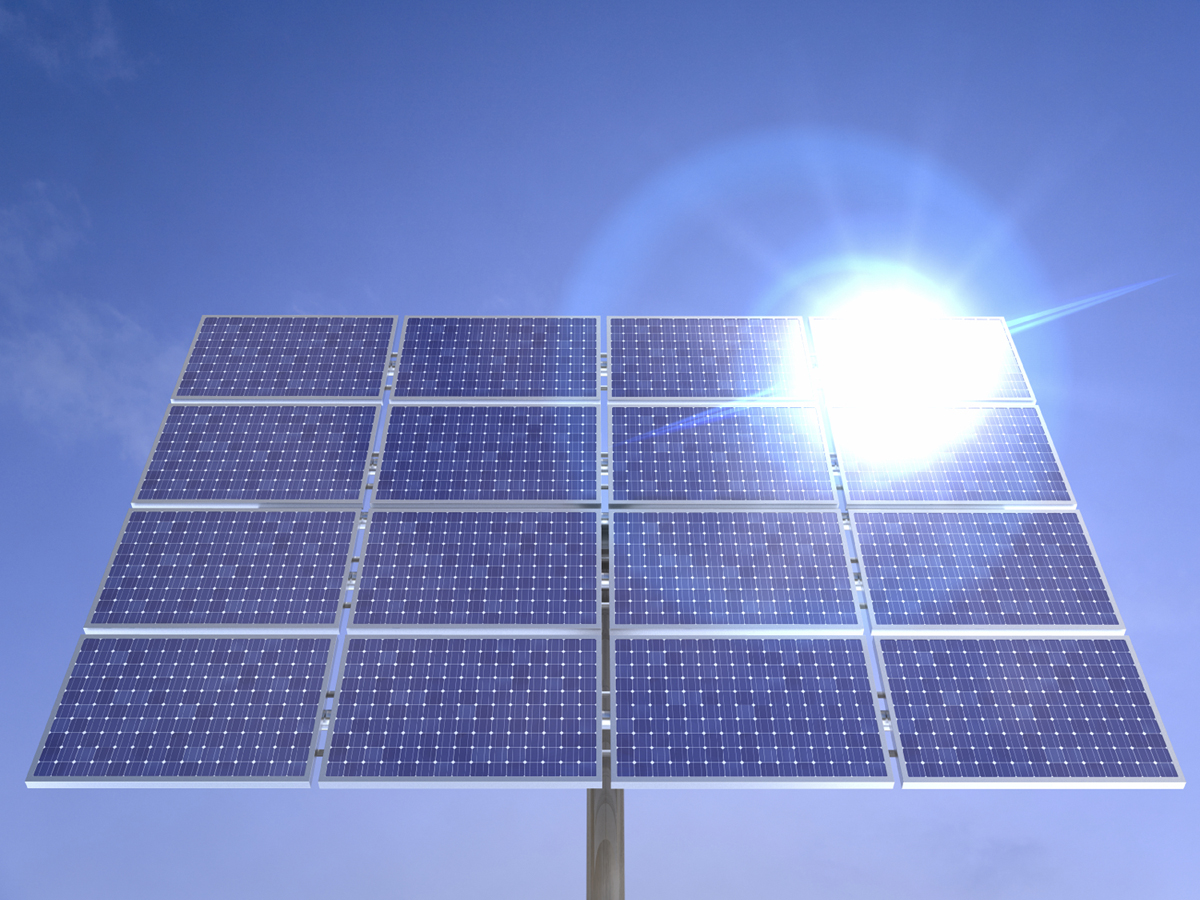Chinese state-owned solar glass maker Irico New Energy pointed to rising sales volumes, prices and profit margins as it reported a 136% annual rise in net profits for shareholders, to RMB220 million ($33.6 million).
Reporting its 2020 figures, China Electronics Corp-owned Irico noted that, as far as demand for its photovoltaic materials is concerned: “The global carbon neutral target is a long way off.”
That meant good news for Irico's balance sheet, with the company reporting cash reserves of RMB718 million, compared to RMB405 million at the end of 2019, and even though long term borrowings rose from RMB132 million to RMB230 million over the same period, total liabilities came in, from RMB4.62 billion ($705 million) to RMB3.24 billion.
Flat Glass
The “booming development of the domestic PV industry” reported by Flat Glass was also reflected in that company's annual figures.
Despite the costs of ramping up production capacity during 2020, Flat Glass banked a net profit of RMB1.63 billion, up from RMB717 million in 2019, with the RMB5.23 billion of solar product revenue recorded dwarfing the RMB235 million generated by other operations.
With solar manufacturing giants Longi, JinkoSolar and Hanwha among Flat Glass' biggest clients, chairman Ruan Hongliang said production capacity expansion would continue after the two 1,000 ton/day capacity furnaces installed in the Haiphong fab in Vietnam in the final three months of last year and the opening quarter of this year. Flat Glass also added a 12-ton furnace at its Anhui base in the first three months of this year and Ruan said more capacity would be added by the end of December, with a further five, 1,200-ton furnaces slated to come online in Anhui next year.
All of which appears to have prompted the Flat Glass board to indulge in a little corporate extravagance, with the 260-page annual report divulging the annual spend on “decoration cost” rose from RMB184,000 ($28,000) in 2019 to RMB12.2 million last year.
China Glass
China Glass, which recently rebuffed a takeover attempt by rival Xinyi Glass, posted an annual loss despite seeing revenue rise from RMB2.37 billion in 2019 to RMB3.16 billion last year. The float glass maker noted: “In the second half of the year, product prices remained generally high thanks to the explosive growth of the photovoltaic industry.”
The loss was put down to the effect of Covid-19 on the ability of clients to pay their bills, with the company posting poor comparative figures after receiving a lump sum from the Chinese government in 2019 because the authorities expropriated one of its production sites.
The manufacturer, which is in the process of acquiring a controlling stake in rival Fujian Longtai Industrial Company Limited, thanks in part to its plans for PV glass production, lurched from a RMB72.7 million profit in 2019 to a RMB98.5 million loss last year.
Luoyang Glass
State-owned Luoyang Glass also remarked: “In the second half of 2020, the photovoltaic industry saw an explosive growth trend.” It was one the company took full advantage of, with new energy glass products supplying RMB2.56 billion of revenue last year, versus RMB311 million from information display glass and RMB55.8 million from “other functional” products.
Total revenue of RMB3.05 billion added up to total profits of RMB463 million and a net profit of RMB391 million, up from just 68.6 million a year earlier.
The national entity is confident the good times will continue, and stated: “The constant growth in [the] photovoltaic industry will bring sound profitability for [the] photovoltaic glass business, as expected, in the medium and long run.”
And Luoyang is putting its money where its mouth is. Having commissioned production lines able to churn out 32.4 million m2 of products last year, plans have been made for a shares issue to raise up to RMB2 billion for two solar cell encapsulant production lines and the company has launched a bid to acquire PV glass manufacturers Qinhuangdao North Glass Co Ltd and Triumph Jinghua Glass Co Ltd.
This content is protected by copyright and may not be reused. If you want to cooperate with us and would like to reuse some of our content, please contact: editors@pv-magazine.com.




By submitting this form you agree to pv magazine using your data for the purposes of publishing your comment.
Your personal data will only be disclosed or otherwise transmitted to third parties for the purposes of spam filtering or if this is necessary for technical maintenance of the website. Any other transfer to third parties will not take place unless this is justified on the basis of applicable data protection regulations or if pv magazine is legally obliged to do so.
You may revoke this consent at any time with effect for the future, in which case your personal data will be deleted immediately. Otherwise, your data will be deleted if pv magazine has processed your request or the purpose of data storage is fulfilled.
Further information on data privacy can be found in our Data Protection Policy.